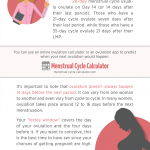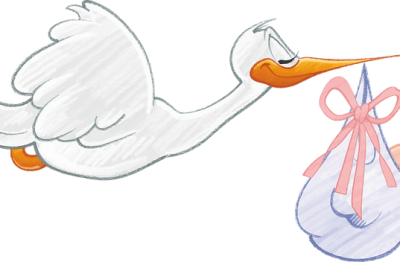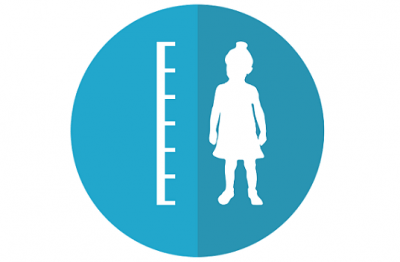Use our menstrual cycle calculator to calculate your next period, ovulation & due date. Enter the date of your last period, how long it lasted, the length of your average cycle and press Calculate:
When did your last period start?
How many days did it last?
How long is your cycle?
Below are the results based on the information you provided:
Your next menstrual period is expected to start on
Your next most fertile period is from to
If you conceive within this timeframe, your estimated due date will be
- Pre-Period
- Period Days
- Post-Period
- Peak Ovulation
Please note that this is only an estimation of your menstrual cycle
Learn more about your menstrual cycle
- Check out our infographic.
- Learn how menstrual cycle and period calculators work.
Get answers to some common questions about your menstrual cycle:
- How do I calculate the length of my cycle?
- Can I have sex during my period?
- What is the average length for period?
- and others
Our Other Calculators & Tests:
Latest From Our Blog
MENSTRUAL CYCLE
PREGNANCY
BABY
About Us
Womanjunction.com was started with a mission to help women calculate their menstrual cycle and help them better understand how it works. We’ve expanded to a wide range of topics ranging from women health, pregnancy to parenting.
Learn more about our featured medical writers and reviewers on our About page.
Join Our Community
Subscribe to our newsletter and get interesting stuff and updates to your email inbox.































